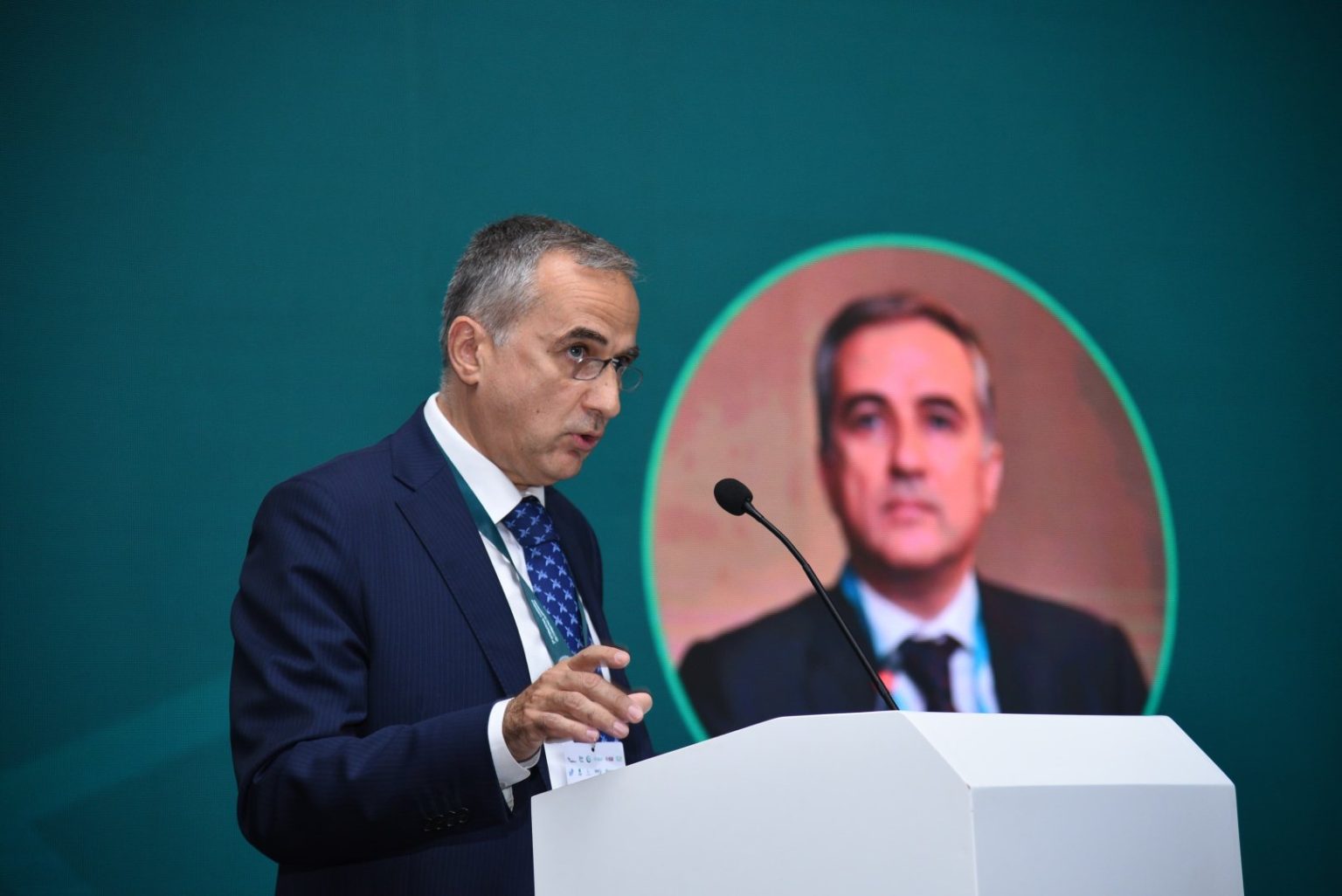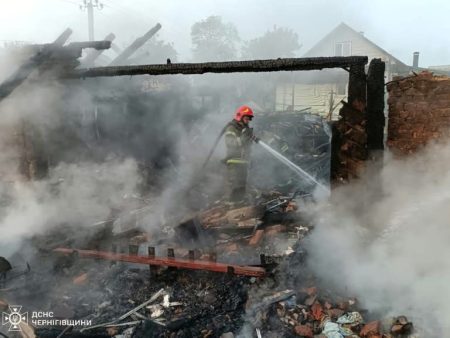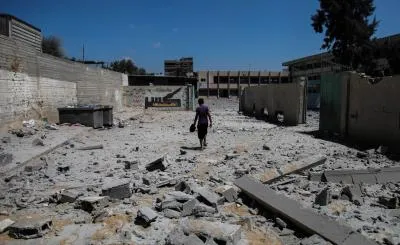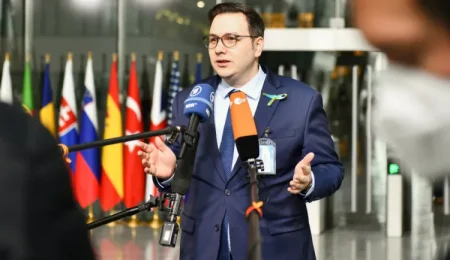Islamophobia is becoming a serious threat to global peace and security, said Farid Shafiyev, Chairman of the Board of the Center of Analysis of International Relations (AIR Center), during the international conference “Islamophobia: Exposing Prejudice and Destroying Stigma” held in Baku, Azerbaijan. He explained that Islamophobia is rising sharply worldwide and harming social harmony and international cooperation. In Europe, far-right political groups have taken harsh measures against Muslims. These actions restrict Islamic expression, often in the name of integration or assimilation, which stigmatizes Muslims and wrongly links their faith with extremism.
In South Asia, hate speech and violence targeting Muslims are on the rise. State-led nationalist movements justify these acts by claiming to defend cultural unity, but they often discriminate against Muslim communities. This growing trend threatens peace and stability in the region. Islamophobia is more than just fear or hatred; it is a complex ideology shaping Western views of the East and producing false, negative images of Muslims. These distorted perceptions spread prejudice and fear, affecting societies globally.
Europe has seen an increase in far-right political parties promoting anti-Muslim and anti-immigrant platforms. Some countries have passed laws banning face veils, limiting mosque construction, and tightening immigration policies. These restrictions deepen social divisions and can fuel extremist views, increasing the risk of conflict. A 2024 report by the European Network Against Racism showed that hate crimes against Muslims have increased by 25% over the past two years in the European Union.
In South Asia, countries like India, Pakistan, and Bangladesh face rising Islamophobia driven by nationalist political groups. These groups use anti-Muslim rhetoric to gain support, and governments have passed laws that discriminate against Muslims. This has led to violent attacks and increased social tension. Human rights organizations warn that these policies threaten peace and stability in the region.
The effects of Islamophobia go beyond national borders. It harms global stability by undermining trust between nations. Stigmatizing Muslims worldwide weakens international cooperation, posing serious risks to peace and security everywhere. Rising Islamophobia can also fuel conflicts and terrorism, making it harder to build inclusive societies where all groups feel safe and valued.
Islamophobia is not simply personal bias; it is an ideology that shapes how the West views the Muslim world. This worldview paints Muslims as threats or outsiders based on stereotypes and misinformation. These distorted views influence media, politics, and public opinion, leading to discriminatory policies and laws.
The international conference in Baku brought together experts, policymakers, and activists to discuss ways to combat Islamophobia. Participants emphasized the importance of education, dialogue, and stronger legal protections for Muslim communities. Addressing Islamophobia as a global security issue requires cooperation between countries to counter hate and promote tolerance.
Reducing Islamophobia is crucial for building peaceful and inclusive societies. It protects human rights, supports social cohesion, and strengthens global security by fostering trust and cooperation among nations. Fighting Islamophobia will help create a safer, more stable world for everyone.















